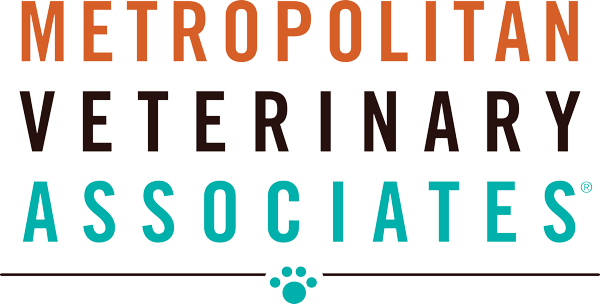This term implies that the heart is not able to pump enough oxygenated blood to all parts of the body where it is needed. If an animal is said to have congestive heart failure, this means that not only is the heart not able to pump enough oxygenated blood to the body, this blood (or fluid) is backing up into the lungs or other body areas such as the abdomen.
Certain heart diseases can lead to congestive heart failure. These include dilated cardiomyopathy (in large breed dogs), where the heart muscle is too weak to pump well, chronic valvular disease (in small breed dogs), where leaky heart valves make normal blood flow difficult and hypertrophic cardiomyopathy (in cats), where the heart muscle doesn’t relax well and allow blood to fill it normally.
Signs of congestive heart failure include coughing, difficulty breathing, fainting, weakness, exercise intolerance, decreased appetite, hiding and abdominal distension. If you notice any of these signs in your animal, you should contact your veterinarian or an emergency clinic as they may be experiencing congestive heart failure.
